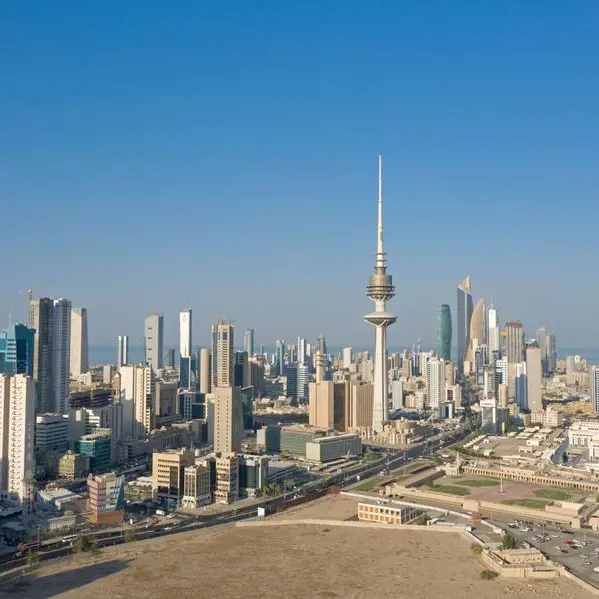PHOTO
(Adds details throughout, background)
By Suleiman Al-Khalidi
AMMAN, Aug 24 (Reuters) - The International Monetary Fund has approved a $723 million loan facility to Jordan in a three-year programme to support economic and financial reforms aimed at lowering public debt and accelerating growth, it said on Wednesday. The IMF said in a statement the first $72.3 million tranche was to be paid immediately, and the remaining amount would be disbursed over the duration of the programme. "This program aims at advancing fiscal consolidation to lower public debt and broad structural reforms to enhance the conditions for more inclusive growth," the IMF said, adding that the executive board of the world lender had approved the deal.
The deal is focused on reducing public debt to 77 percent of gross domestic product by 2021 from 94 percent now.
Debt rose by almost a third to $32 billion in five years as economic strains reduced revenues and foreign aid, forcing Jordan to borrow more.
The programme comes almost a year after the conclusion of a three-year $2 billion standby deal that stabilised the economy after the strains brought on in part by the higher spending.
The country saw limited protests during the 2011 regional Arab uprisings, but extra government spending to quell any unrest, including increased salaries and welfare payments, helped drive up debt.
Jordan's energy import bill also soared after the end of cheap Egyptian gas supplies.
The IMF has said Jordan must improve competitiveness to shore up growth weakened by regional uncertainty that has damaged investor sentiment, exports and tourism and raised unemployment.
Jordanian officials have said the deal would help consolidate the stability of an economy that remained resilient despite war in neighbouring Syria to the north and Iraq to the east.
The IMF programme envisages a gradual recovery in the growth rate of real GDP to 4 percent by 2019. Growth is forecast to reach 2.8 percent this year, a slight increase from 2.6 percent in 2015.
The IMF deal could help the kingdom tap more aid pledges from participants in last February's Syrian donor conference in London to ease the impact of accommodating over a million refugees from Syria.
Although their presence fuelled consumption and provided a pool of cheap and skilled labour, the refugees put pressure on meagre resources and strained government finances, officials have said.
(Reporting by Suleiman Al-Khalidi; Editing by Robin Pomeroy, Toni Reinhold) ((suleiman.al-khalidi@thomsonreuters.com; +962 79 5521407; Reuters Messaging: suleiman.al-khalidi.reuters.com@thomsonreuters.net))
By Suleiman Al-Khalidi
AMMAN, Aug 24 (Reuters) - The International Monetary Fund has approved a $723 million loan facility to Jordan in a three-year programme to support economic and financial reforms aimed at lowering public debt and accelerating growth, it said on Wednesday. The IMF said in a statement the first $72.3 million tranche was to be paid immediately, and the remaining amount would be disbursed over the duration of the programme. "This program aims at advancing fiscal consolidation to lower public debt and broad structural reforms to enhance the conditions for more inclusive growth," the IMF said, adding that the executive board of the world lender had approved the deal.
The deal is focused on reducing public debt to 77 percent of gross domestic product by 2021 from 94 percent now.
Debt rose by almost a third to $32 billion in five years as economic strains reduced revenues and foreign aid, forcing Jordan to borrow more.
The programme comes almost a year after the conclusion of a three-year $2 billion standby deal that stabilised the economy after the strains brought on in part by the higher spending.
The country saw limited protests during the 2011 regional Arab uprisings, but extra government spending to quell any unrest, including increased salaries and welfare payments, helped drive up debt.
Jordan's energy import bill also soared after the end of cheap Egyptian gas supplies.
The IMF has said Jordan must improve competitiveness to shore up growth weakened by regional uncertainty that has damaged investor sentiment, exports and tourism and raised unemployment.
Jordanian officials have said the deal would help consolidate the stability of an economy that remained resilient despite war in neighbouring Syria to the north and Iraq to the east.
The IMF programme envisages a gradual recovery in the growth rate of real GDP to 4 percent by 2019. Growth is forecast to reach 2.8 percent this year, a slight increase from 2.6 percent in 2015.
The IMF deal could help the kingdom tap more aid pledges from participants in last February's Syrian donor conference in London to ease the impact of accommodating over a million refugees from Syria.
Although their presence fuelled consumption and provided a pool of cheap and skilled labour, the refugees put pressure on meagre resources and strained government finances, officials have said.
(Reporting by Suleiman Al-Khalidi; Editing by Robin Pomeroy, Toni Reinhold) ((suleiman.al-khalidi@thomsonreuters.com; +962 79 5521407; Reuters Messaging: suleiman.al-khalidi.reuters.com@thomsonreuters.net))





















